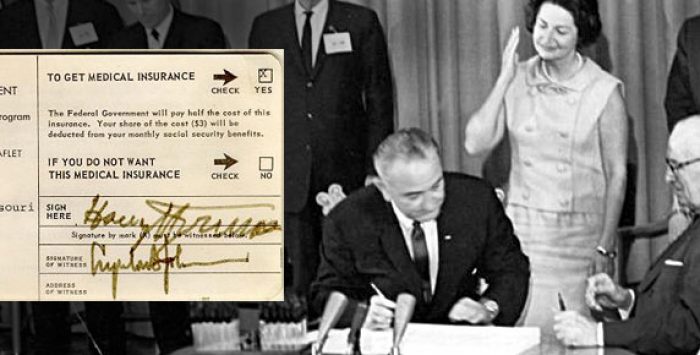Congress overrode a presidential veto by voting overwhelmingly for the legislation.
Medicare Advantage plans must provide some level of mental health parity because their benefit packages have to be “actuarially equivalent” to Original Medicare, although these insurers can and often do apply a speciality co-pay to mental health treatment. (Lifetime Part A coverage for inpatient care in a psychiatric hospital is still limited to 190 days, although patients can receive further care in the psychiatric wing of a general hospital.)
How were insurers affected by the Medicare Improvements for Patients and Providers Act of 2008?
The law barred insurers, agents and brokers selling Medicare Advantage and Part D plans from offering gifts or promotional items above a nominal value, and prohibited door-to-door sales and cold calling of potential enrollees. Insurers can no longer offer cash rebates or provide meals during marketing events, and are prohibited from using sales or marketing activities to cross-sell other non-health-related products, such as annuities and life insurance.
How did MIPPA affect Medicare Savings Programs?
MIPPA increased the federal asset limits for MSPs to align them with the federal Extra Help program. The legislation expanded access to MSPs by requiring Social Security, which administers Extra Help, to share information about Extra Help applicants with state Medicaid programs for the purpose of screening and enrolling them into an MSP.
The legislation also provided additional funding to State Health Insurance Assistance Programs (SHIPs) and Area Agencies on Aging for outreach to eligible beneficiaries about their health care benefits.


